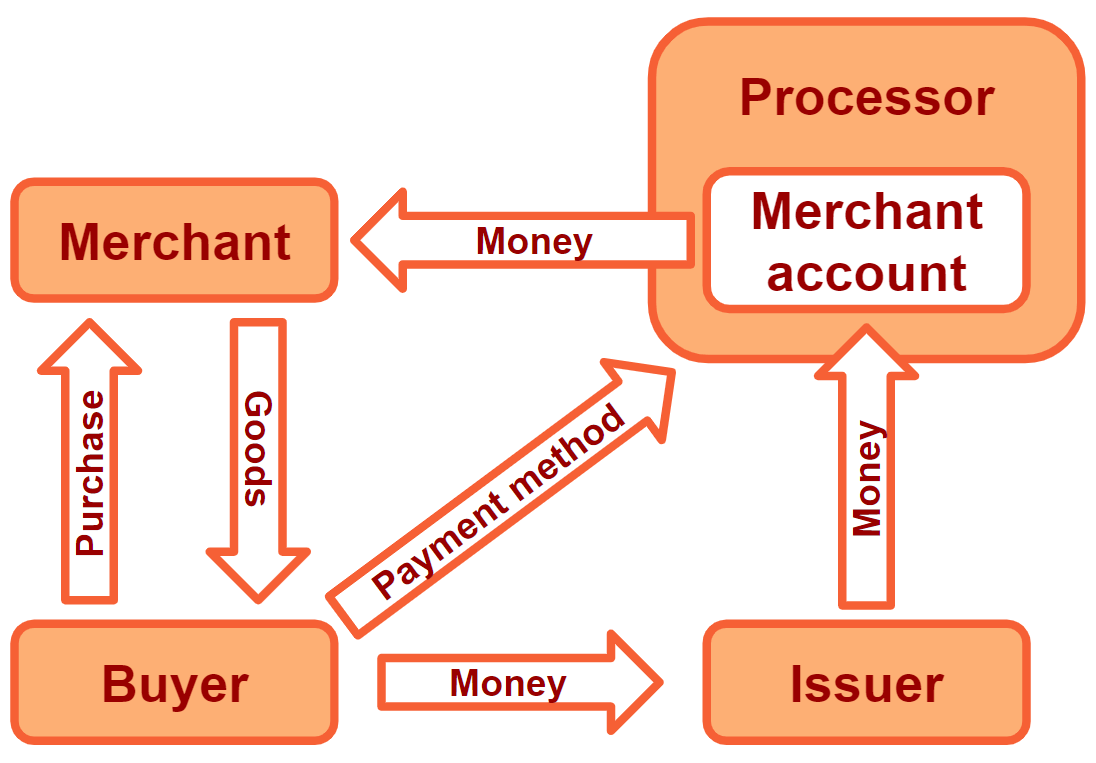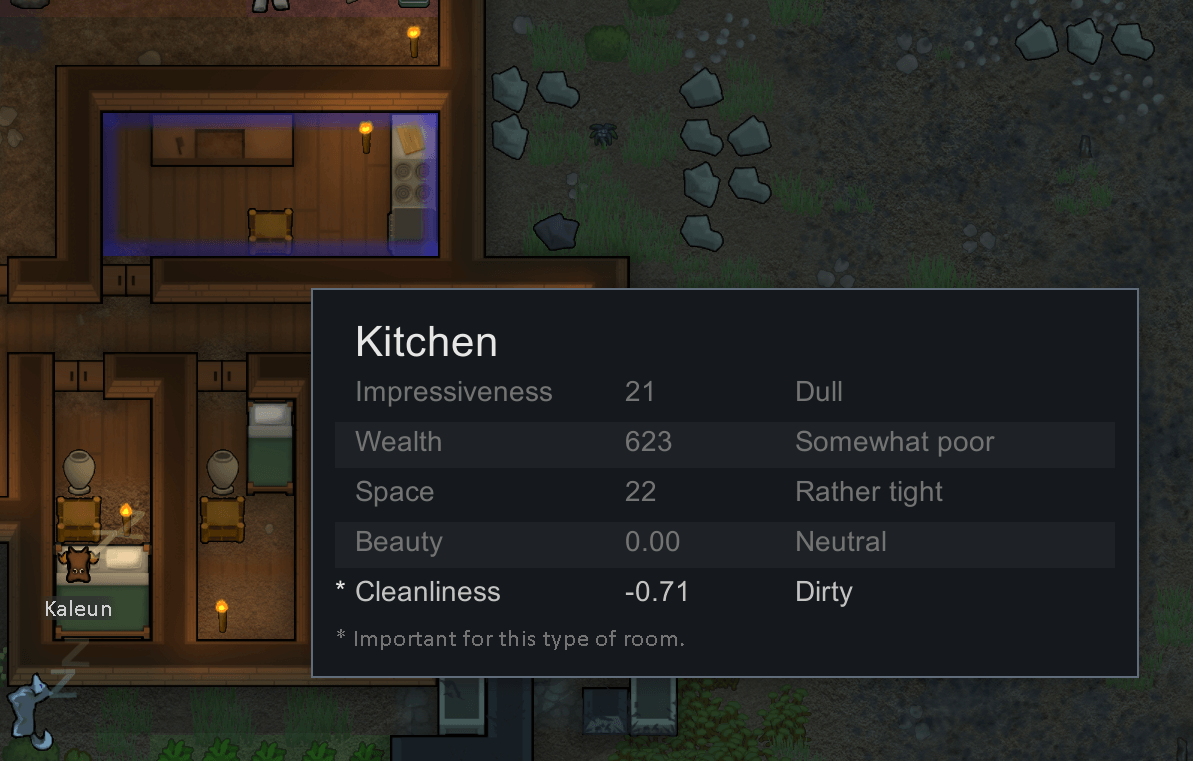Product manager: be a professional, not an artist.
Key takeaways
- Product managers are often expected to be "wizards", demonstrating some hidden thinking capacities.
- Product managers should be expected to be professionals.
- Being professional means holding professional knowledge. Knowledge that can be explained to others when needed.
- Being a professional product person means creating decision making processes that are understandable to all stakeholders, who in turn can follow the reasoning leading to the decision (not necessarily agree with it).
Moving the needle as a wizard
There is a common notion among product managers, in particular during the early stages of their PM career: that they should perform their job like wizards or artists. What do I mean by “like wizards or artists”? When you look into most PM job training materials like online courses, blogs, podcasts, etc., you keep hearing that the PM should move the needle, make an impact, prioritize, and even the now-notorious metaphor “be the CEO of their team”.
All these may, and often do, create the impression that the PM should be the sole person doing these activities of decision-making. This was my exact impression early in my PM career. I believed that most of the people I work with, my team, my supervisors, other stakeholders, have the same expectations people from me: that I will do many activities to gather information, go to my ‘drawing board’ or ‘put my thinking cap on’, then call everyone and tell them “I thought about this a lot and this is what we are going to do”. Not only that, but also that my decision will be some sparks of insights which will probably know them of their metaphorical feet and will make them say (probably only to themselves) “how come we did not think about this?”
This is what I mean by “like wizards or artists”. Same as when you see the work of a great artist you are struck with an epiphany. Or being overwhelmed by the mysterious wisdom of the wizard.
With time, I came to think in a very different way, that product managers should be treated as, and see their own work, as the work of a professional. As a group PM, I found that communicating this view to my product managers is very important.
Who is a professional?
Say your want to buy an air conditioner for your home. You invite an air conditioning specialist to advise you on the right model, to sell it to you, and install it. They arrive, walk around the house, ask you some questions, and after a while say: “You need a unit of 5000 [BTU](https://en.wikipedia.org/wiki/British_thermal_unit). I will install it on this window. It costs $270. I can have it for you by Thursday.”
Consider another scenario. After asking their questions and walking around, the air conditioning specialist tells you: “You have 3 options. A small window unit of 3000 BTU which costs $150. This is probably too small for you as your apartment is facing south and gets a lot of sun in the summer. You might have seen such units at your neighbor, but their apartment is facing north, getting less direct sun. I recommend a 5000 BTU unit for $270. Because the other rooms of your apartment don’t face south, it will produce enough cooling power to make the entire place comfortable, but not cold. If you want to have your entire apartment cold in the summer you would need a central unit. The benefit of a window unit is that in case it does not cool enough for your taste, you can easily replace it because the installation is simple. Installing a central unit requires opening the ceiling and building air vents, then closing them with drywall. The total cost is around $600.”
Who would you consider the more professional? You probably guessed that in my opinion, it is the second person.
What is a profession?
Professions are thought and learned. Indeed, people differ a lot in their skills and abilities. Nevertheless, most people can grasp some professional knowledge applied to a concrete context, if it is explained in a manner that fits their prior knowledge, skills, and abilities. In the second example, you were able to understand the specialist's implementation of professional knowledge in context. This won’t make you a professional, you probably won’t go now and advise your friends on their air conditioning needs.
An important aspect of interacting with professionals is that you know how to continue the conversation about the implementation of their profession to the context. For example, you might follow up and ask “Supposed I take the 5000 BTU unit, and later decide I want to the central unit. Is there a market for such used units? Or did I throw away $270?” Such conversation allows making the most of the interaction with a professional.
The above cannot be said about arts. It is true that one can study art. But making art is essentially about the artist as a person. It is also true that people might be bringing a lot of themselves into their professional practice, and that some of it is very hard to learn, teach, or converse about. However, you won’t expect to have a follow-up question similar to the one above about air conditioning with an artist about their art. You also would not expect the wizard to reveal their magic.
Product managers as professionals
After some time as a PM I was thinking: what would it be like if I had in my team a position for each profession? If there were a designer, a data analyst, a scrum master who manages Jira (the software I hate the most) and scrum ceremonies, a tech lead who oversees all estimates and execution, QA who makes sure all work matches the requirements, a product marketing function who works with sales, marketing and support to communicate product releases. In such a case, what would I do as a product manager?
In many cases, PMs do some of these tasks, and they are part of their job description. But it is clear that at least in principle, they can be assigned to others with specific professions, which means they are not the essence of the product management profession. So what is?
What is clearly left for a product manager to do is to write down requirements and their priorities. But is the PM expected to be the source or origin of the requirements and priorities? Is the product manager responsible to make the decision about these? I argue not. As I see it, product managers should be responsible for the process which results in decisions on requirements and priorities. The responsibility is first and foremost for the process, the opposite of just coming up and saying “do this, and now”.
How is all of this relate to the meaning of ‘professional’ I discussed? I said that being able to communicate the professional knowledge in context is the telling sign of professionalism. When done in the best way, good processes result in decisions that make sense to all participants. A decision that might bear risks, be based on assumptions, and even be a leap of faith. And yet is understandable to all stakeholders who can follow the reasoning leading to the decision. This is exactly the result of the work of a professional decision-maker, the product manager.
Following this line of thought, I moved to focus more on managing the process of decision-making on the things my team should do. A key part of this is simply communicating effectively and facilitating communication between stakeholders to create an agreed unified view of the matter at hand. It also requires bringing in relevant methods for decision-making and prioritization and applying them correctly. This also needs to be communicated.
Last is making a decision. In some cases, a good process leads to a clear decision everyone understands and supports. In other cases, there are some viable options and a judgment call is required. When this is the case, sometimes I make the decision and know that even if others don’t agree they understand why I decided this way. In other cases, when I think that such a judgment call is above my rank, I pass it upwards.
This is the opposite of going to my ‘drawing board’ or ‘put my thinking cap on’, then call everyone and tell them “I thought about this a lot, and this is what we are going to do”. Being a professional and not an artist or a wizard. I strongly urge you as a product manager to ask to be treated this way, and not to be expected to pull rabbits out for your hat.
Share if you think it's good

Don't miss a thing
We promise to only send you the good stuff. No spam.

